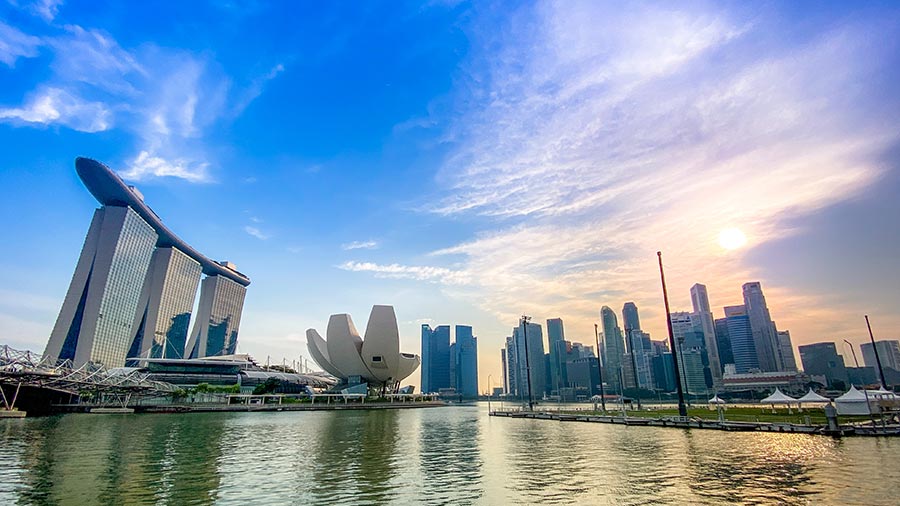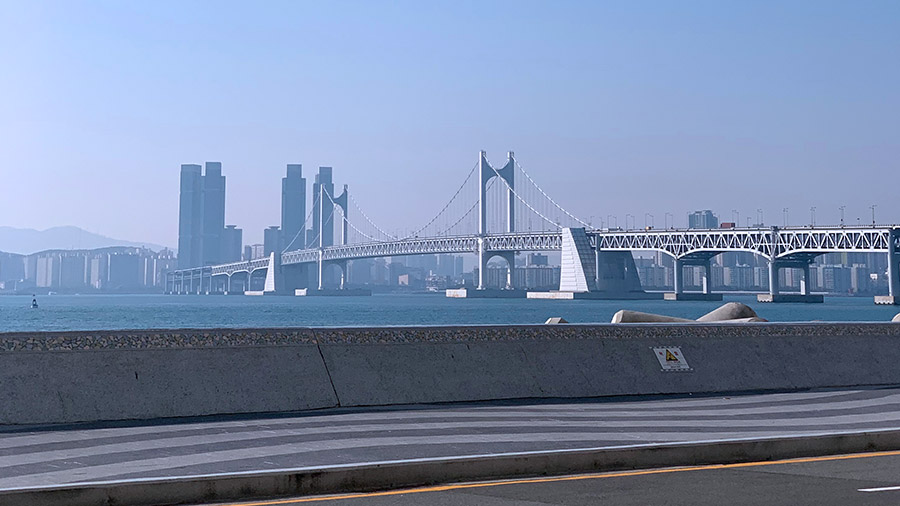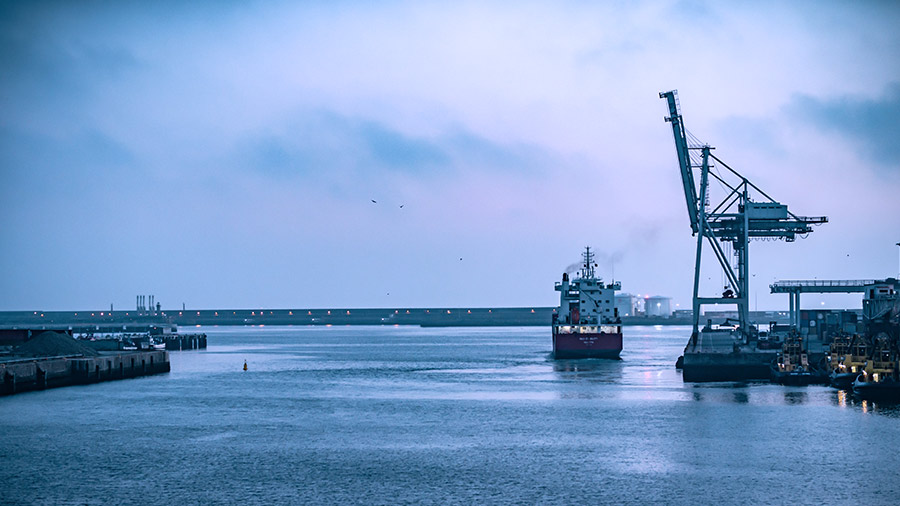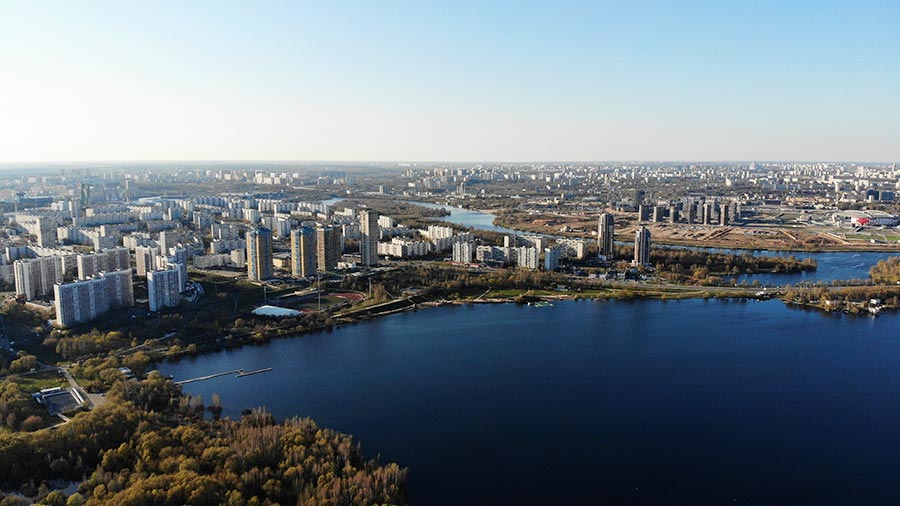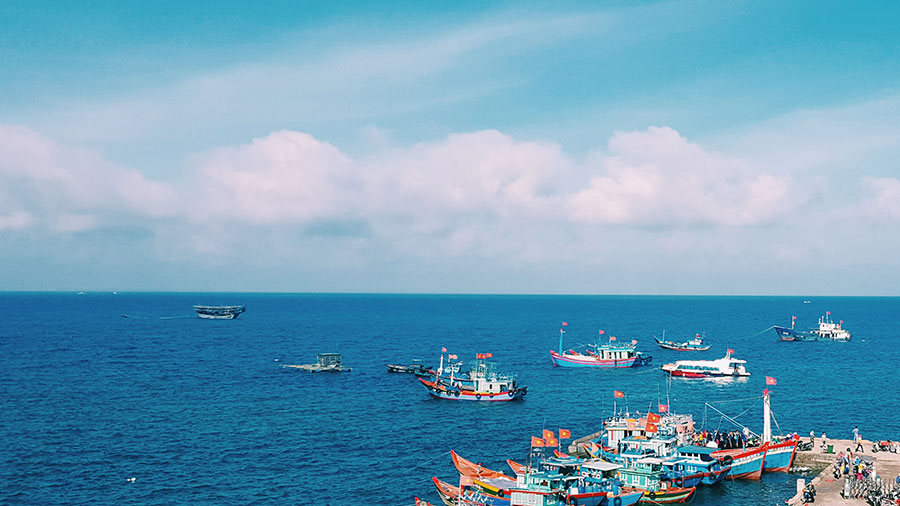Singapore has implemented a proactive strategy of engaging in bilateral and regional negotiations for free trade agreements with various economies. The primary goal is to expand Singapore's economic reach and provide preferential treatment, such as tariff-free access, to overseas markets. These markets include major economies like the United States, China, Japan, the European Union, and India.
Due to its heavy reliance on trade, Singapore has consistently supported international initiatives aimed at reducing trade barriers. The country boasts one of the highest trade-to-GDP ratios globally, exceeding 300%.
Furthermore, While Singapore's domestic market is relatively small, it has secured its place as the world's premier transshipment hub. The country's primary exports encompass electronics, pharmaceutical products, petroleum and mineral products, as well as industrial equipment. The country holds a prominent position as one of Asia's largest trading hubs. It has successfully established vital partnerships along the primary shipping route connecting Asia and Europe. Additionally, it has developed robust feeder networks with smaller regional ports.
Singapore maintains strong diplomatic and economic ties with its Southeast Asian neighbors as an active member of the Association of Southeast Asian Nations (ASEAN). As a former British colony, it also enjoys membership in the Commonwealth and actively participates in the Five Power Defense Arrangements.



